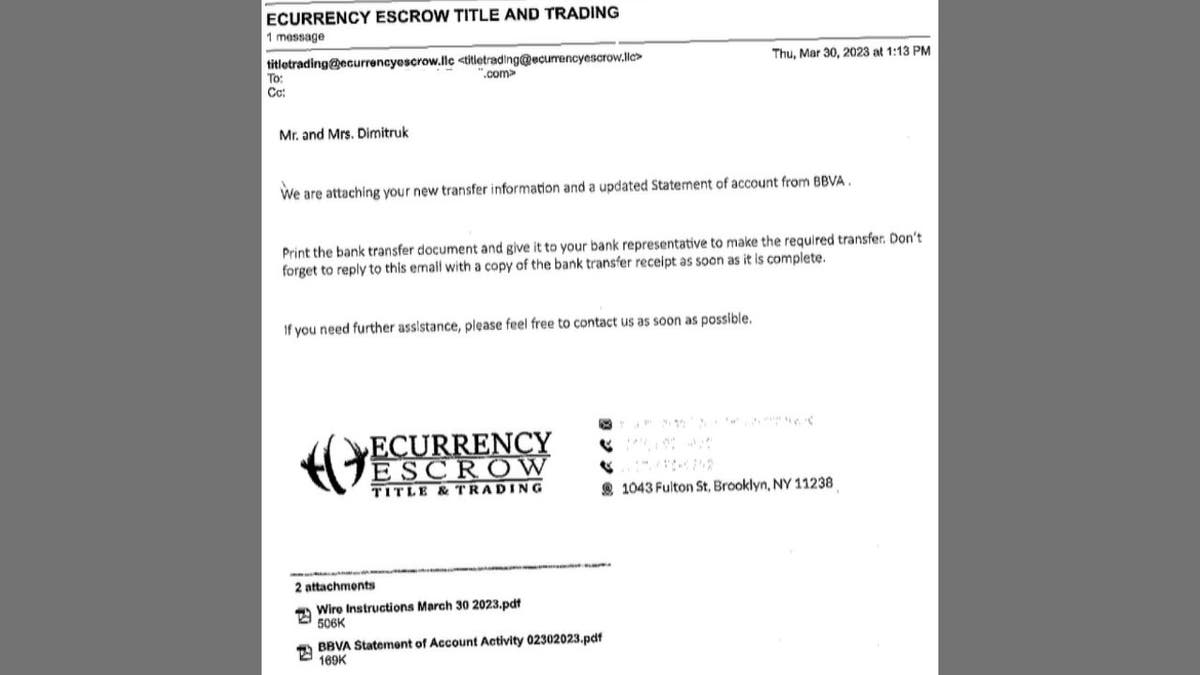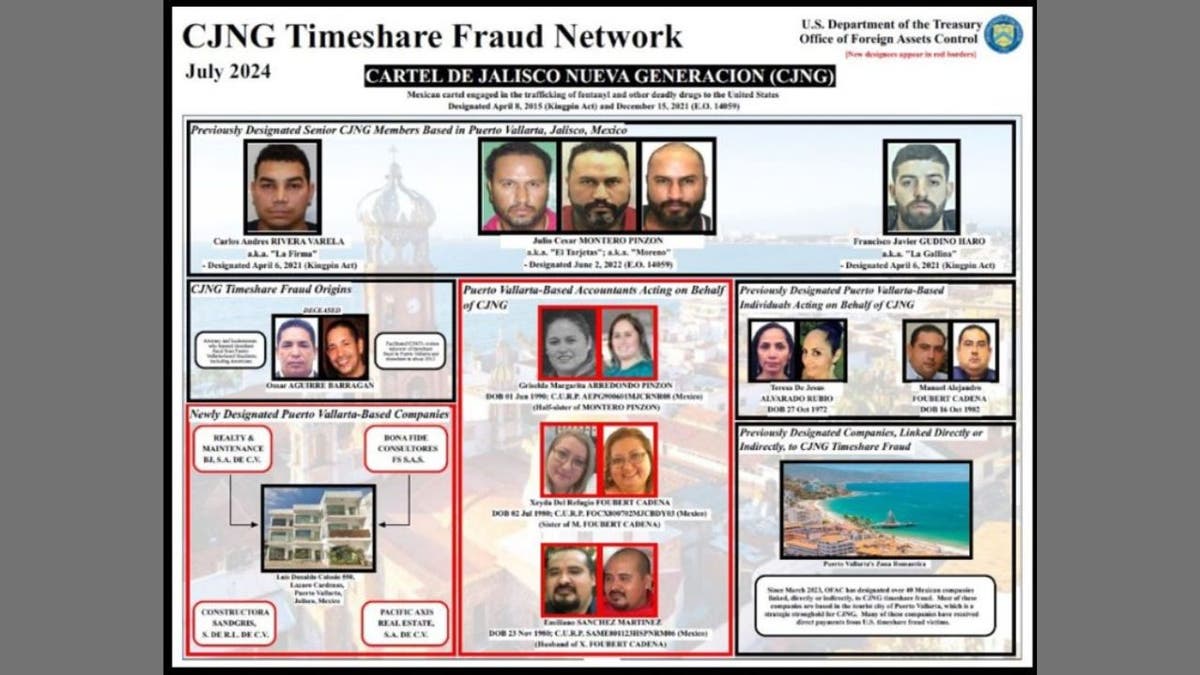Timeshare owners are facing a new threat: a sophisticated telemarketing scam connected to a Mexican drug cartel. The FBI is warning of widespread fraud resulting in substantial financial losses. This article details how these scams operate and provides essential tips for protecting yourself.

Case Study: The Dimitruks' $50,000 Loss
A retired Canadian couple, the Dimitruks, fell victim to this scam in late 2022. Lured by the promise of a lucrative sale to a Mexican buyer, they were drawn into a complex scheme involving a fraudulent escrow company. Over a year, they were pressured into sending over $50,000 in various fabricated fees. Despite their devastating loss, the scammers continued to harass them for more money.

The Cartel Connection
The FBI has linked these scams to the Jalisco New Generation Cartel (CJNG), a violent Mexican drug cartel. This signifies a diversification of the cartel's criminal activities, using timeshare fraud to generate revenue for drug trafficking and other illicit operations. This alarming trend has been targeting U.S. timeshare owners, especially senior citizens, since at least 2012.
How the Scams Operate
The CJNG employs sophisticated tactics to deceive victims:
- Impersonation: Scammers pose as real estate agents, escrow officers, or even government officials to gain trust.
- Targeting Vulnerable Individuals: Elderly Americans with Mexican timeshares are often targeted with inflated offers.
- Call Centers: The cartel operates call centers, often employing unwitting individuals in economically depressed areas.
- Layered Deception: Victims may be contacted by multiple scammers playing different roles.
- Intimidation and Violence: The cartel uses threats and violence to control its operations and silence dissent.
- Fake Websites: Convincing websites mimicking legitimate businesses are used to add credibility to the scams.

Protecting Yourself
Here's how to avoid becoming a victim:
- Verify Everything: Confirm the buyer's identity and the offer's legitimacy directly with the timeshare company.
- Research Thoroughly: Investigate any company contacting you, checking for reviews and complaints.
- Beware of Upfront Fees: Legitimate sales rarely require upfront payments.
- Secure Communication: Avoid sharing sensitive information over the phone or email.
- Don't Click Links: Avoid clicking links or opening attachments in unsolicited emails. Consider using antivirus software.
- Consult Professionals: Seek advice from a lawyer or financial advisor before making any decisions.
- Report Suspicious Activity: Contact authorities immediately if you suspect a scam.
- Minimize Your Online Presence: Consider using personal data removal services to reduce your exposure.
Key Takeaways
These scams are sophisticated and dangerous, but awareness is your best defense. Be skeptical, trust your instincts, and don't hesitate to seek help. By staying informed and vigilant, you can protect yourself from these predatory practices.
Comments(0)
Top Comments